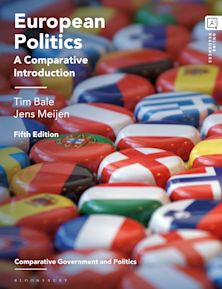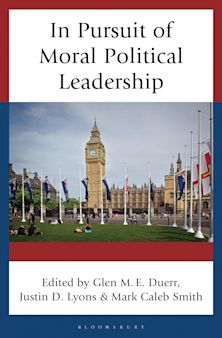- Home
- ACADEMIC
- Politics & International Relations
- Comparative Politics
- The Singapore Puzzle
The Singapore Puzzle
This product is usually dispatched within 2-4 weeks
- Delivery and returns info
-
Flat rate of $10.00 for shipping anywhere in Australia
You must sign in to add this item to your wishlist. Please sign in or create an account
Description
Although Singapore's struggle for independence was led by politicians promising democracy, the leaders have sought to maintain power by reversing democratic practices and subverting democratic institutions. The case for Singapore's government today is based on economic prosperity that has raised the per capita income of the country into the top ten states of the world. The case against Singapore's government is that the economic policies have been copied from Hong Kong, the rule of law has become rule by political appointees, the free press has been muzzled, and the foreign policy is narcissistic in the extreme.
The reason for the paradox of increasing dictatorship as the economy improves is the establishment of a mass society, that is, a society with few intervening groups or institutions between the public and the government. Although the government blames mass society on rapid social change, the authors in this book identify myriad instances when the government itself destroyed intervening social institutions and, thus, intensified mass society. This is an important study for scholars, researchers, and policymakers involved with Asia and the developing world in general.
Table of Contents
The Singapore Puzzle by Michael Haas
A Political History by Michael Haas
The Case for Singapore by Clark D. Neher
Political Economy by Christopher Lingle and Kurt Wickman
The Press by Derek Davies
The Judiciary by Francis T. Seow
Foreign Policy by Richard A. Deck
Mass Society by Michael Haas
Index
Product details
| Published | 30 Jan 1999 |
|---|---|
| Format | Hardback |
| Edition | 1st |
| Extent | 216 |
| ISBN | 9780275963798 |
| Imprint | Praeger |
| Dimensions | 235 x 156 mm |
| Publisher | Bloomsbury Publishing |


































